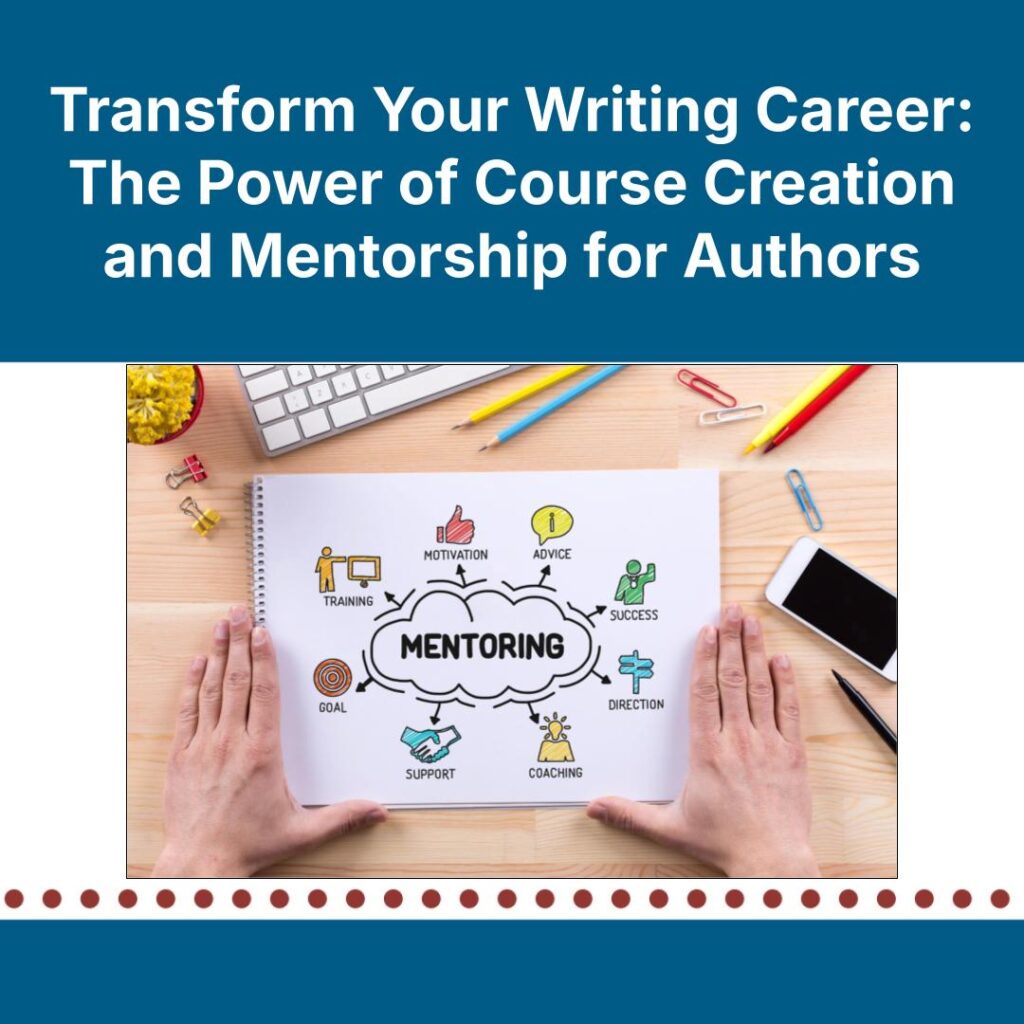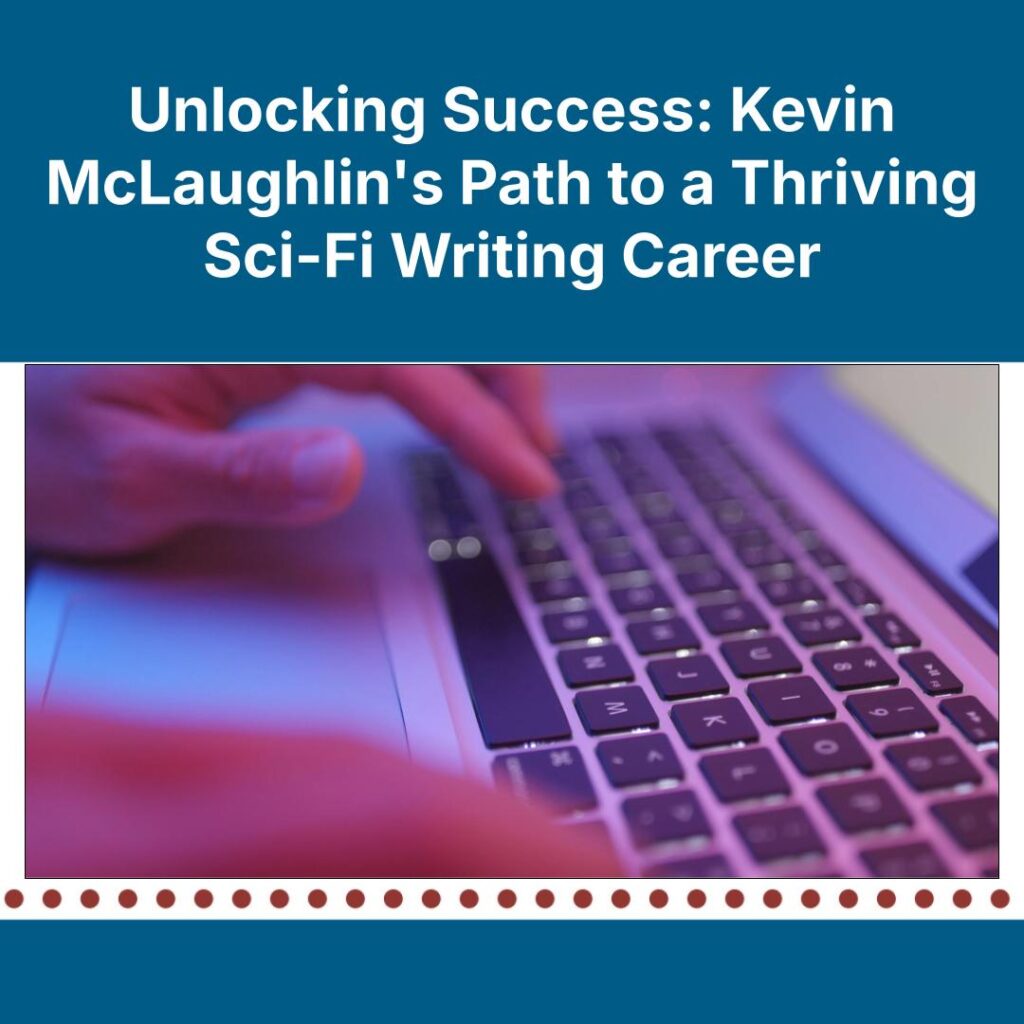Angela Archer
Book reviews are an important part of your marketing strategy in terms of building credibility. The social proof that people are reading and enjoying your book can lead to more sales. And more sales leads to more visibility, which again leads to more sales—and more reviews.
Reviews are important for a number of other reasons, but that isn’t the focus of this article. Nor are we looking at how to get them here, rather to show you how much you can gain from getting reviews.
A few maxims are often repeated in the author world, such as that you shouldn’t read your book reviews. They say that reviews are for readers—not authors.
If someone reads your book and loves it, that’s great. It can boost your morale, but if someone reads it and hates it, you can end up feeling deflated.
Here at IAM HQ, we’re bucking the trend. We’re here to say “read your book reviews” because they’re a goldmine of opportunity from ad copy to website copy, from social media content to market research. This advice comes with a caveat: Don’t read your reviews as an author. Read your reviews as a copywriter.
Because here’s the truth: the best ad copy rarely comes from your head; it comes from your readers.
Nike’s renowned “Just do it” slogan was inspired by the final words of a double-murderer facing the firing squad.
David Ogilvy, a copywriting legend, wrote an ad selling Rolls Royce (RR) cars. The headline, “At sixty miles an hour, the loudest noise in this new Rolls Royce comes from the electric clock,” was highly successful. Ogilvy didn’t come up with this line himself; he did his research, and this quote came from one of RR’s own engineers.
Now it’s your job to channel your inner Ogilvy, step away from the author-you, and put on your copywriting hat.
Before you begin, take a deep breath and remember that you are not your work. You’re way more than that. Remember that reviews often say more about the review writer than anything else. Most reviews contain at least one “I thought” or “I found” or “I felt;” these are just personal opinions and not a reflection of you.
Secondly, ignore any one- and two-star reviews. You won’t find any helpful content there.
So what exactly are you looking for?
Just so we’re clear, when we say “copy,” we’re talking about anything written that’s used to help sell your book: your book description, a launch email, BookBub or Facebook ads, the sales page on your website, etc. It’s any writing geared toward selling.
So let’s say you’re struggling to come up with a strong hook. Put on your marketing hat and focus on the three- to five-star reviews. If you’re using Amazon, you can filter the reviews by the star rating and avoid the temptation to read any crushing low reviews.
Don’t copy and paste long sentences or the whole review. Because of the way we read online, anything more than four lines becomes harder on the eye, so you’re looking for punchy and specific snippets that quickly grab the reader’s attention.
Let’s look at a couple of examples. This first one is from a thriller:

There’s not much there, but it packs a punch. When paired with the right ad image, this short snappy headline immediately hooks the reader and should be enough to keep them reading.
Remember: The only job the copy has to do is get them to read the next line.
Here’s another example from a book on the bestseller list:

This three-star review doesn’t have a great headline, but ignore that as it’s just a personal opinion. Take a look at the first sentence. “A story of young love developing at the hardest of times” makes for a compelling and succinct headline. You could quote them directly or use it as a springboard to create a more specific and original hook, e.g., “a captivating story of young lovers battling to survive a war-torn England.” It works because it tells the reader exactly the type of story they’re getting.
The copywriting world calls mining reviews in this way the “voice of customer research.” By using the same language as your readers, you’re building trust and reassurance. Look for the words they use most often to describe your book, such as ‘“captivating, absorbing, creative,” then use them in your copy. You can even use them in your book description as it’s a reflection of the kind of book they're looking for.
You want to make it as easy as possible to help readers find the books they’re after, so using the same words they use makes it easy for them to grasp what the book is about. The more they have to think, the more confused or uncertain they are, and the less likely they are to buy your book.
Try to avoid using generic comments, such as “I couldn't put this down,” or “well worth the read,” and “doesn’t disappoint.” Yes, you can use them as part of a slightly longer quote, but specificity sells, and the shorter, punchier quotes will more effectively capture their interest.
It might take some tweaking and testing to find out exactly what works with your readers, so keeping a swipe file of ad copy, soundbites, and pull quotes will save you a lot of time in the long run.
Copy and paste the snippets into a dedicated file and use it as a resource to refer to for marketing ideas, testing and tracking different ad copy, social media conversation starters, themes for newsletters, and your book description.
Now that you know what you’re looking for, let’s look at where you can use them.
- Website: Sprinkle your social proof throughout your author website. Quotes are far more effective if they form part of the sales page on your website. Dedicated review pages, generally speaking, aren’t high-traffic areas, and really, the goal of your website copy should be directing readers to your book’s sales pages—not a page dedicated to listing reviews that are out of context. Putting review quotes next to your book—on a page with a buy-now link—is far more effective.
- Book description: Reviews are an especially helpful resource if you’re looking for ideas to try and refine your book description.
- Facebook ads: Short, scroll-stopping quotes that are easily understood are more likely to get them reading the next line.
- Press releases: Reviews that mention specific places are great for including in press releases to a media channel that covers that location. Don’t be shy to use it to your advantage.
- Social media: Don’t just quote the review and expect likes and comments. Use it to start a conversation. If a reviewer says, “It’s an easy summer read,” ask your audience, “One reader said this book was an easy summer’s read. What does an easy summer read look like to you?”
- Marketing schedule: Let’s say, for example, a lot of your reviewers are saying things like, “It’s an easy summer read,” then plan a summer promotion and be sure to include that review in the ad copy.
If you don’t have any reviews, or only have a few, you can still use reviews to your advantage. Take a look at other books in your genre and use them for inspiration for your ad copy. Or use them for market research by looking at top-selling books in the genre you want to write in, keeping an eye out for common themes, troops, and keywords. And because it’s safer emotionally to look at someone else’s one- and two-star reviews, take a look at some of those to see if there are common threads about what readers don’t like.
Now you know what to look out for when mining your reviews. Go ahead and put on your copywriter’s hat, and tap into those reviews to take your ad copy to the next level.
If you’re directly quoting a review, it’s best practice to seek the reviewer’s permission first, especially as you’ll be using their words for commercial purposes.
You might have to do a bit of hunting to find their contact details. And if you can’t, anonymize the quote, e.g. “Goodreads reviewer,” or only use that quote on the platform where the review was originally written.








